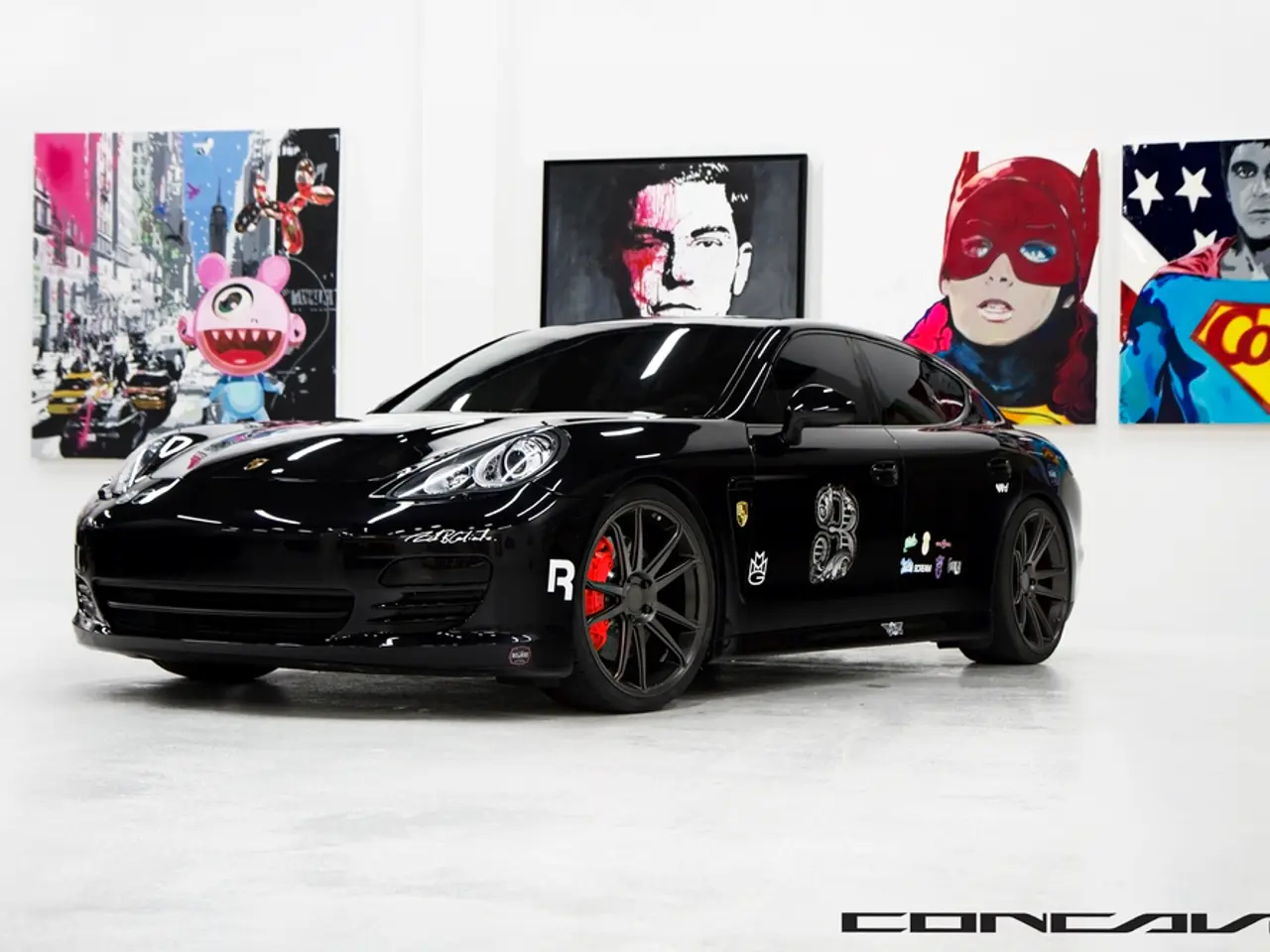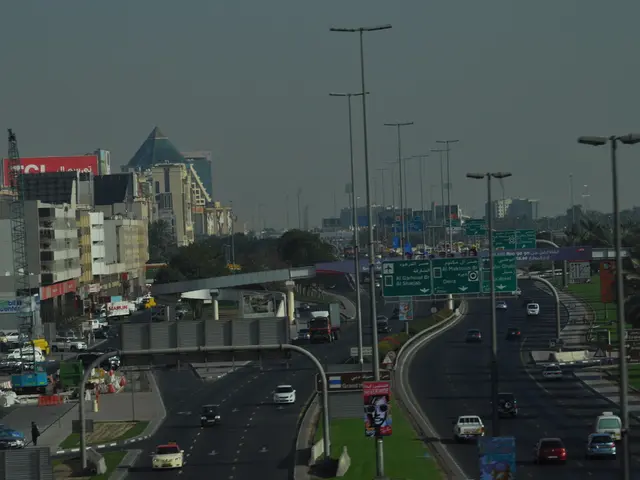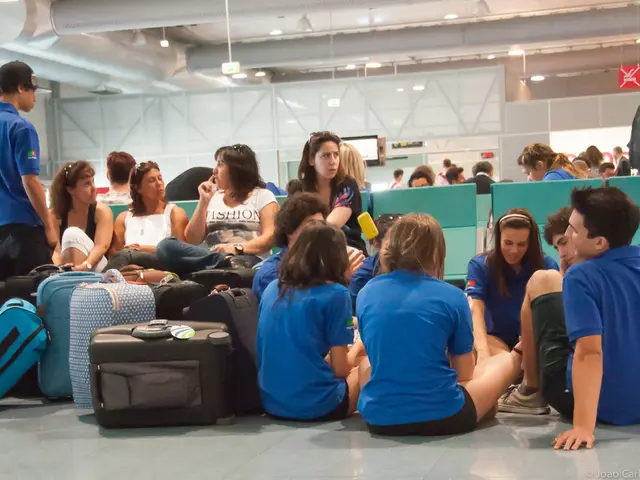Collaboration of Various Energy Industries in the Initiation Event at Suzuka, Japan
Toyota is leading the charge in transitioning to hydrogen power, marking significant progress in its decarbonization projects. This season, the Corolla team is moving from gaseous to liquid hydrogen, offering higher energy density.
The emphasis on efforts that span the entire supply chain, from producing, transporting, and using hydrogen, has attracted more partners. Nine more companies have joined the partnership since the end of the 2022 season. President Sato believes considering the entire energy supply chain is even more crucial than automotive technology for achieving a decarbonized society.
Advancing Hydrogen Technology Across Applications
Toyota’s hydrogen fuel-cell technology is advancing through various applications. In commercial logistics, heavy-duty trucks at the Port of Long Beach and regional distribution centers in California are powered by Toyota's latest generation Gen 3 fuel-cell system. These trucks can travel up to 600,000 miles before major servicing and use a fast refueling system with liquid hydrogen from Air Liquide, enabling faster fill times than diesel trucks.
In racing, Toyota's liquid hydrogen engine Corolla competed for the third consecutive year in the Super Taikyu Series (2025), completing 468 laps (~2,135 km) under race conditions. Key upgrades include a durable hydrogen pump and elliptical hydrogen tanks boosting range by 50%, eliminating lengthy pit stop pump replacements needed in 2023. The 2025 run demonstrated the car’s competitiveness against gasoline-powered vehicles in the ST-5 class and marked a major technological leap, proving hydrogen’s viability in endurance racing.
Toyota also continues refining its passenger hydrogen fuel-cell technology with the 2025 Toyota Mirai sedan. The Mirai delivers 182 horsepower, 221 lb-ft torque, a fuel-cell system backed by an electric motor and battery storing unused hydrogen, and an estimated range of up to 402 miles. It includes the latest Toyota Safety Sense 3.0 suite for advanced driver assistance. Toyota’s Beyond Zero vision underpins these efforts to achieve carbon neutrality through enhancing hydrogen fuel-cell technology alongside hybrids and electrics.
A Decarbonized Society: The Goal Ahead
The goal of Toyota's team is to create a decarbonized society, viewing carbon as the enemy, not the internal combustion engine. Toyota will continue working closely with partners who share their passion and purpose in demonstrating the importance of creating a future with diverse options for reaching carbon neutrality.
The company is participating in its third season of the Super Taikyu Series ST-Q class, focusing on expanding decarbonization options. Last season, a fierce rivalry between the #28 Toyota GR86 and #61 Subaru BRZ continued, with both cars using synthetic fuels made from hydrogen and CO2. Automotive component makers are using the Super Taikyu race to develop parts that contribute to sustainability and carbon neutrality.
On March 18, Toyota's new president Koji Sato held a press conference at Suzuka Circuit to discuss the company's continued efforts in creating new decarbonization options. Toyota's hydrogen-powered Corolla emits no carbon dioxide during combustion, releasing only water. Companies in the ST-Q class are trialing new energy sources, including hydrogen, synthetic fuels, and biodiesel. Synthetic fuels and biodiesel emit some CO2 during driving, but the CO2 emissions are offset by CO2 captured during production.
Mazda's Spirit Racing Mazda3 Bio concept will race on a bio-based diesel fuel produced from materials like microalgae fats and used cooking oil. Toyota's hydrogen-powered engine development is driven by a resolve for creating new decarbonization options. These developments demonstrate concrete strides in decarbonizing transport with hydrogen power and improving refueling infrastructure, durability, and vehicle performance.
- Toyota's partnership with nine additional companies indicates the growing interest in renewable energy within the industry, focusing on the finance, production, transportation, and use of hydrogen as a viable solution for the energy sector.
- In a bid to prove hydrogen's viability in the automotive sector, Toyota's hydrogen fuel-cell technology is being applied across various applications, from commercial logistics and racing to passenger vehicles, with the goal of creating a decarbonized society.
- Recognizing hydrogen as a key component in transportation's decarbonization, Toyota's new president Koji Sato emphasizes the importance of diversifying energy sources, including hydrogen, synthetic fuels, and biodiesel, to offset carbon emissions and achieve significant progress towards a carbon-neutral future.




